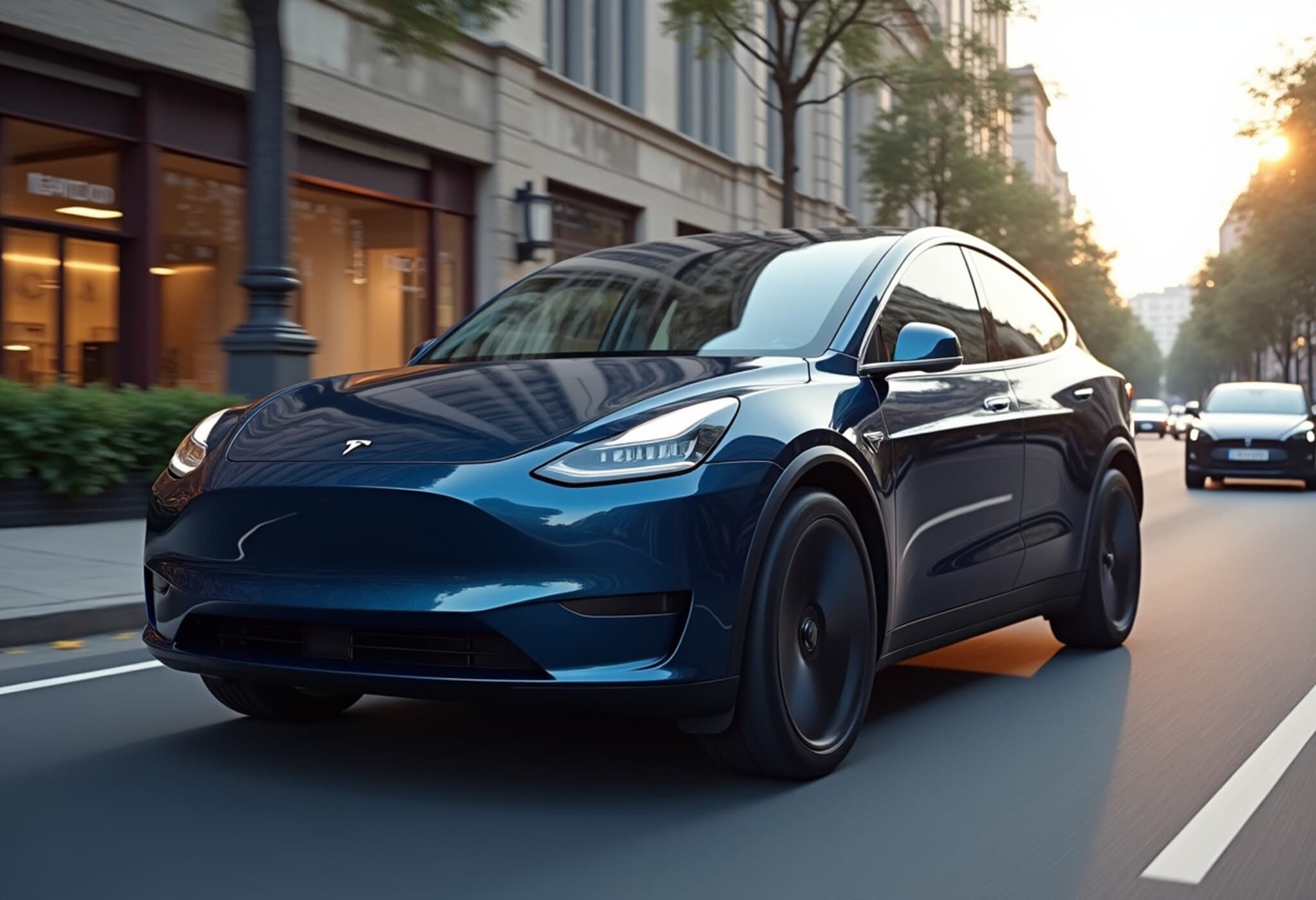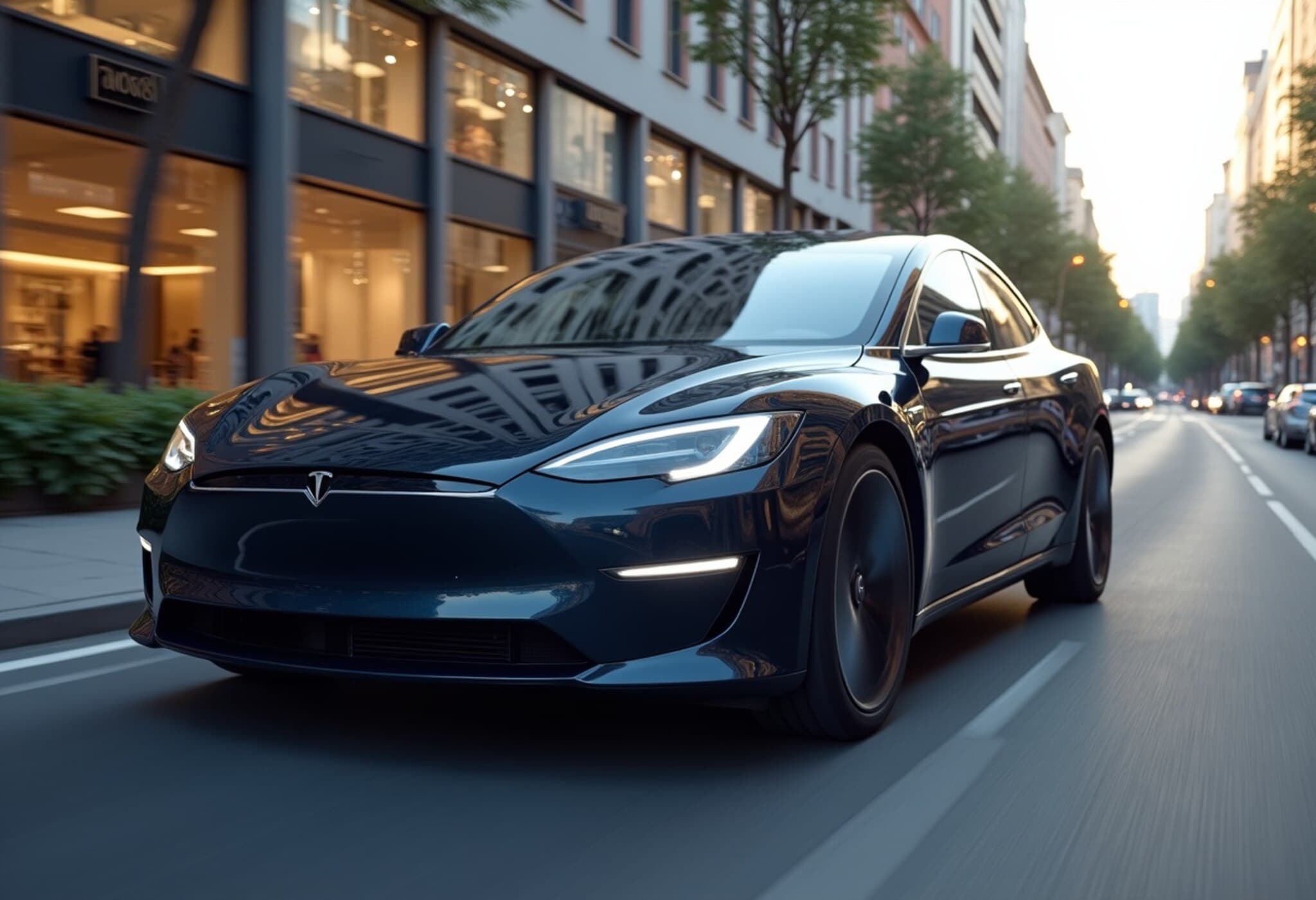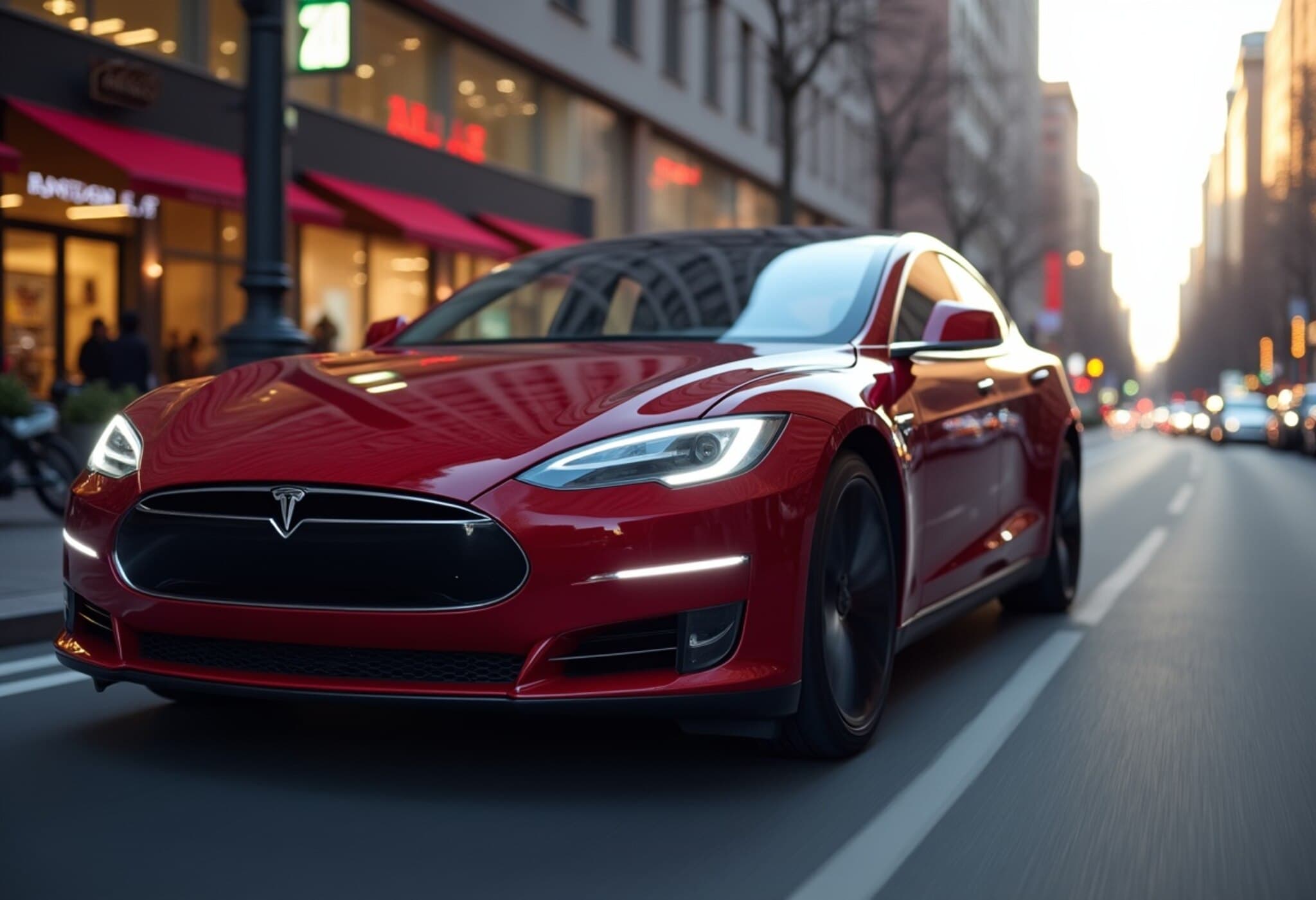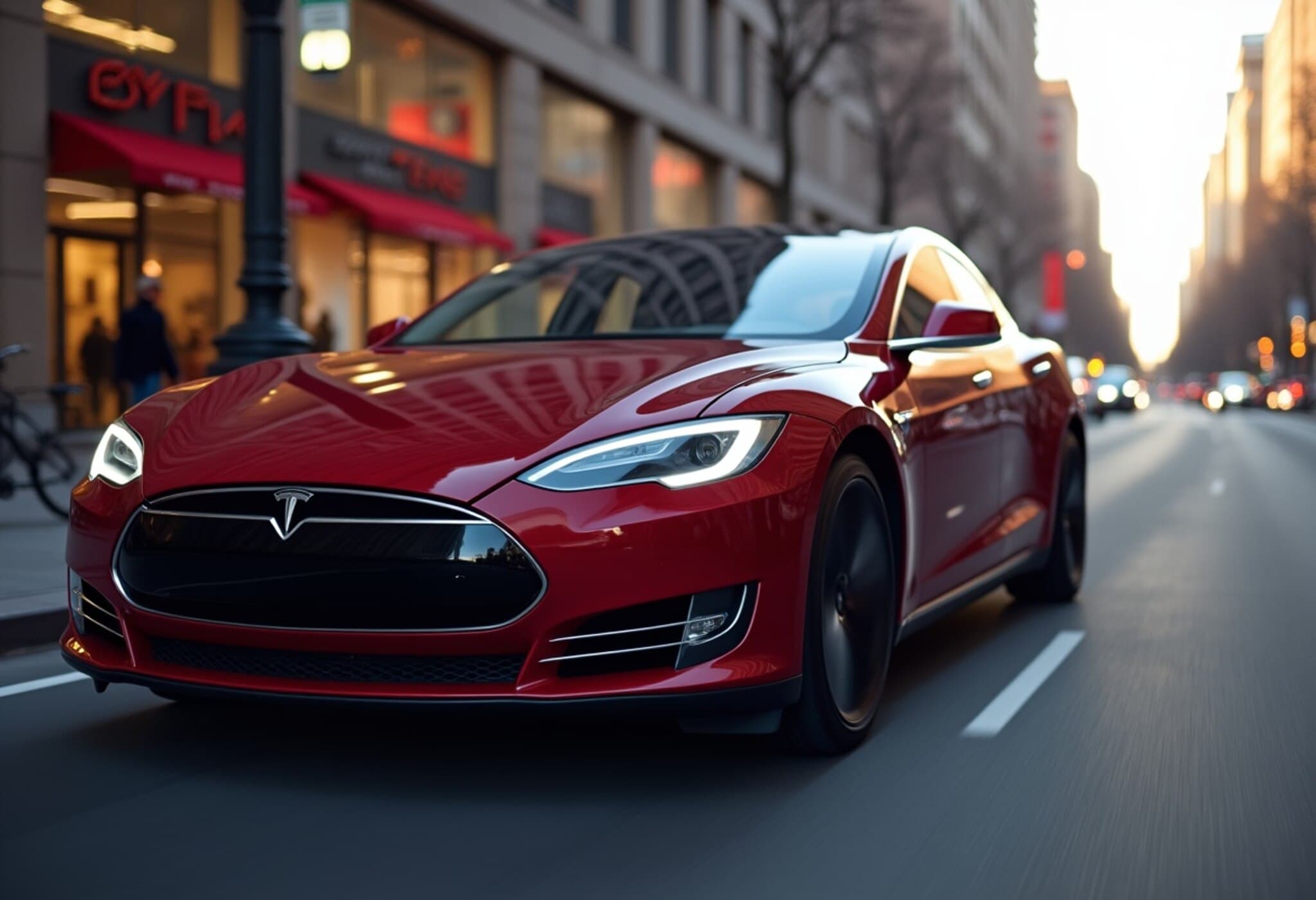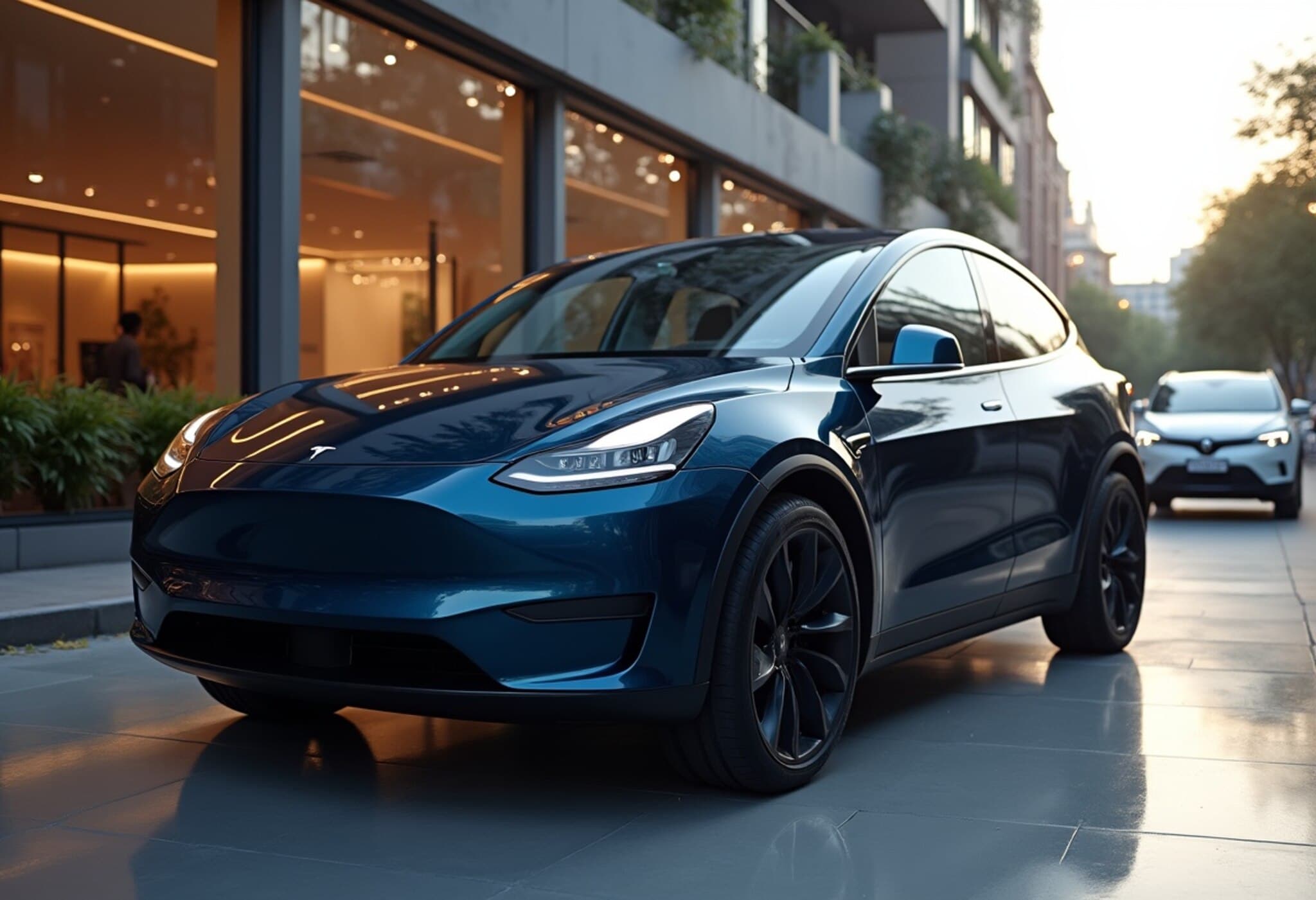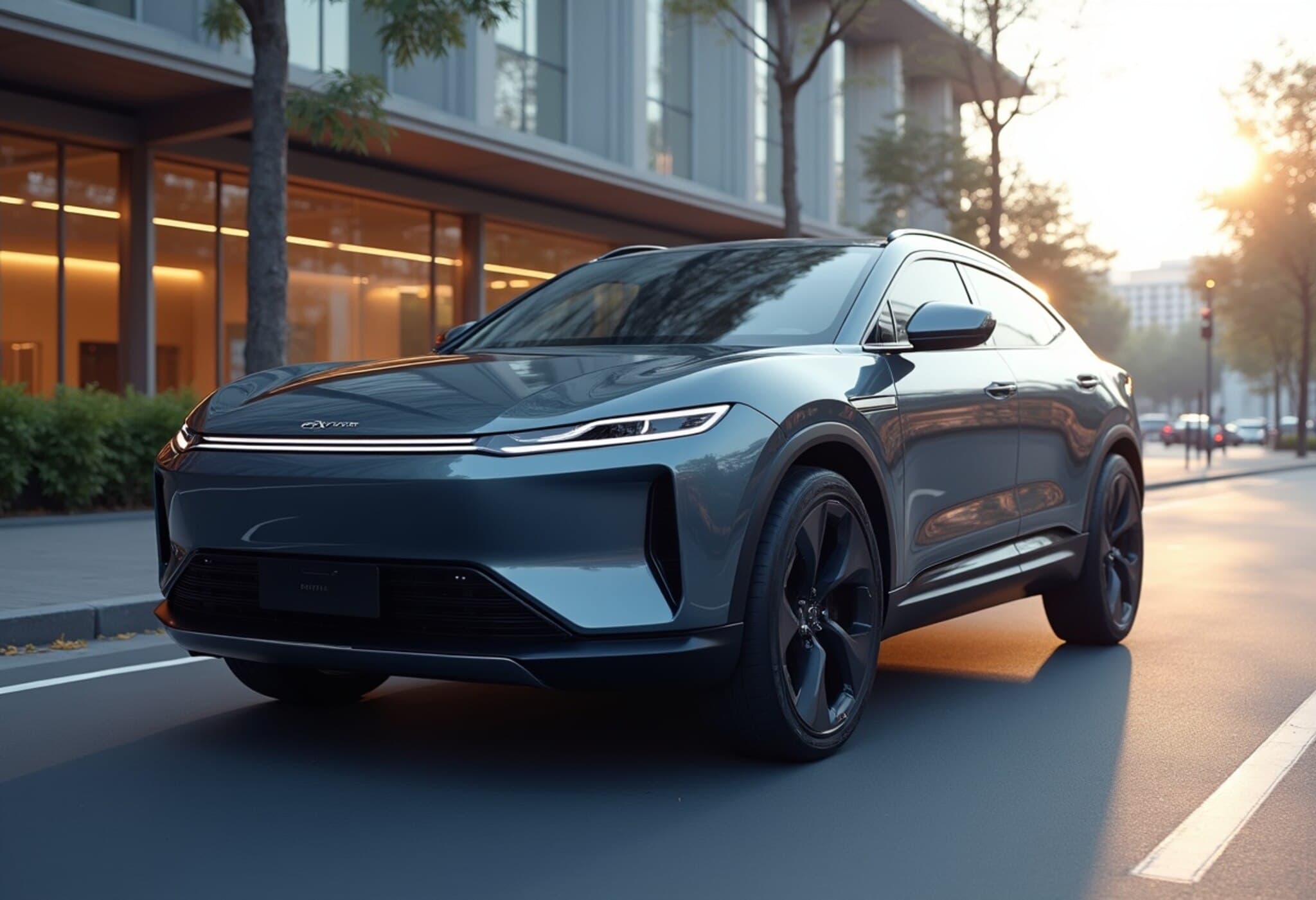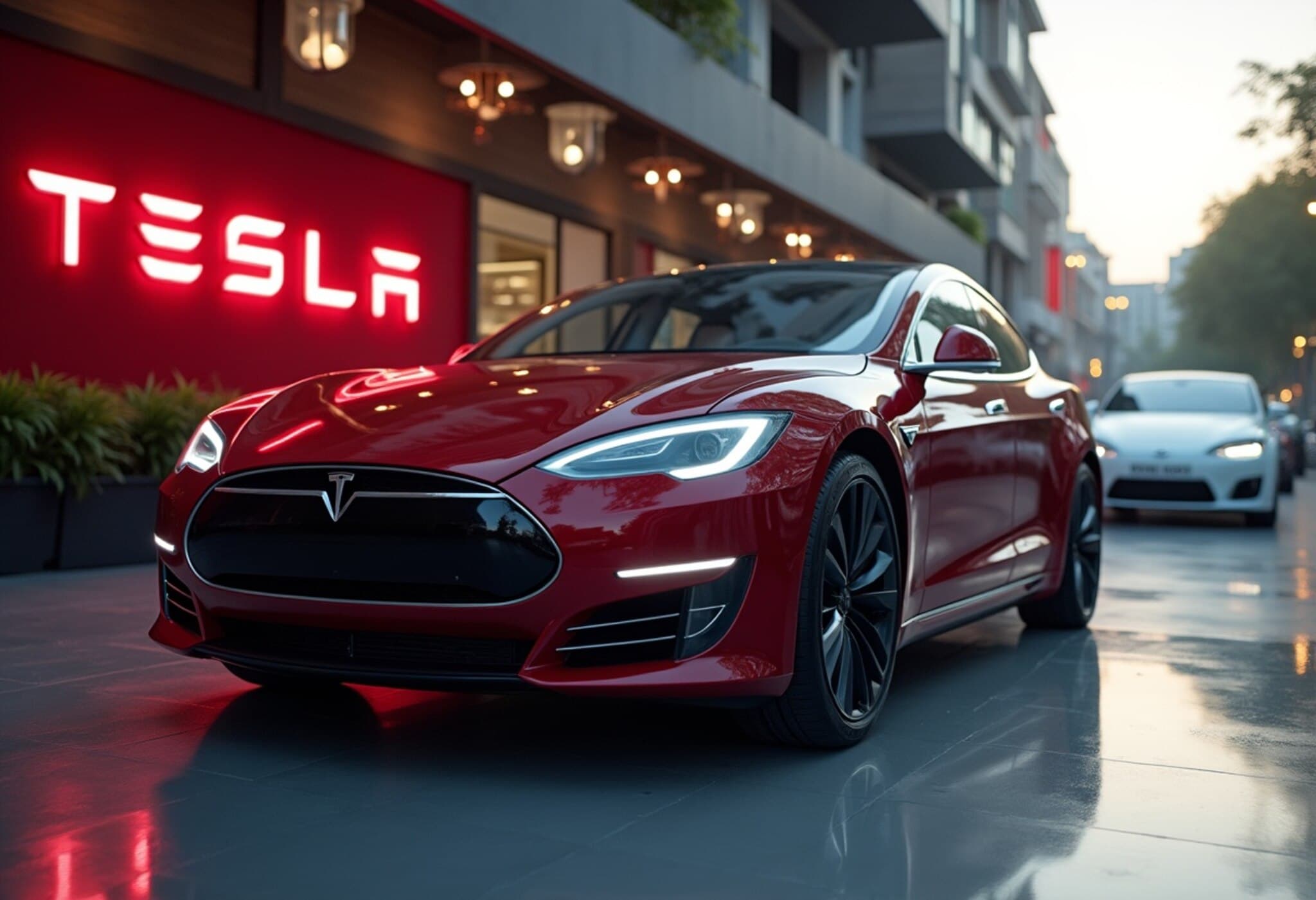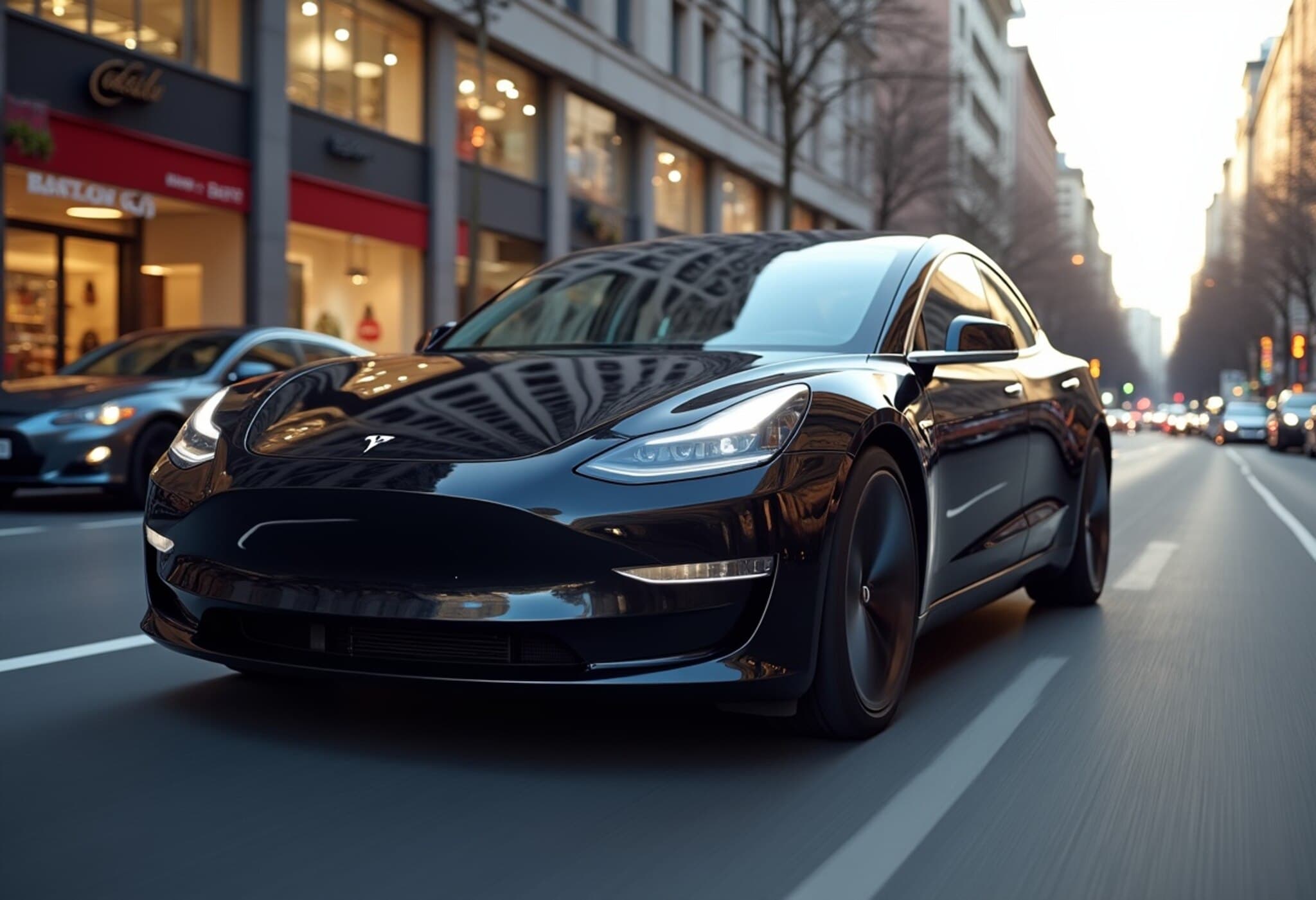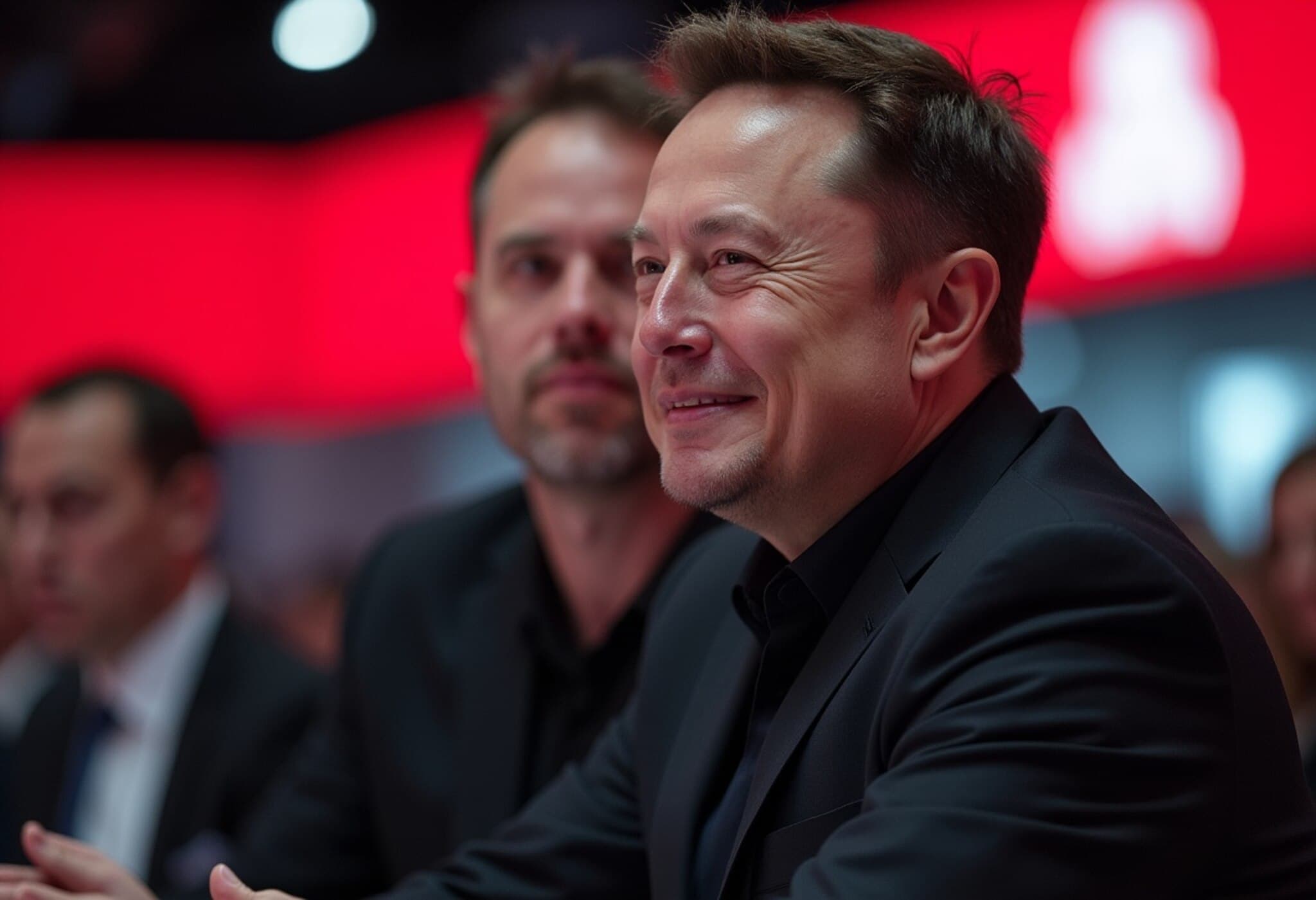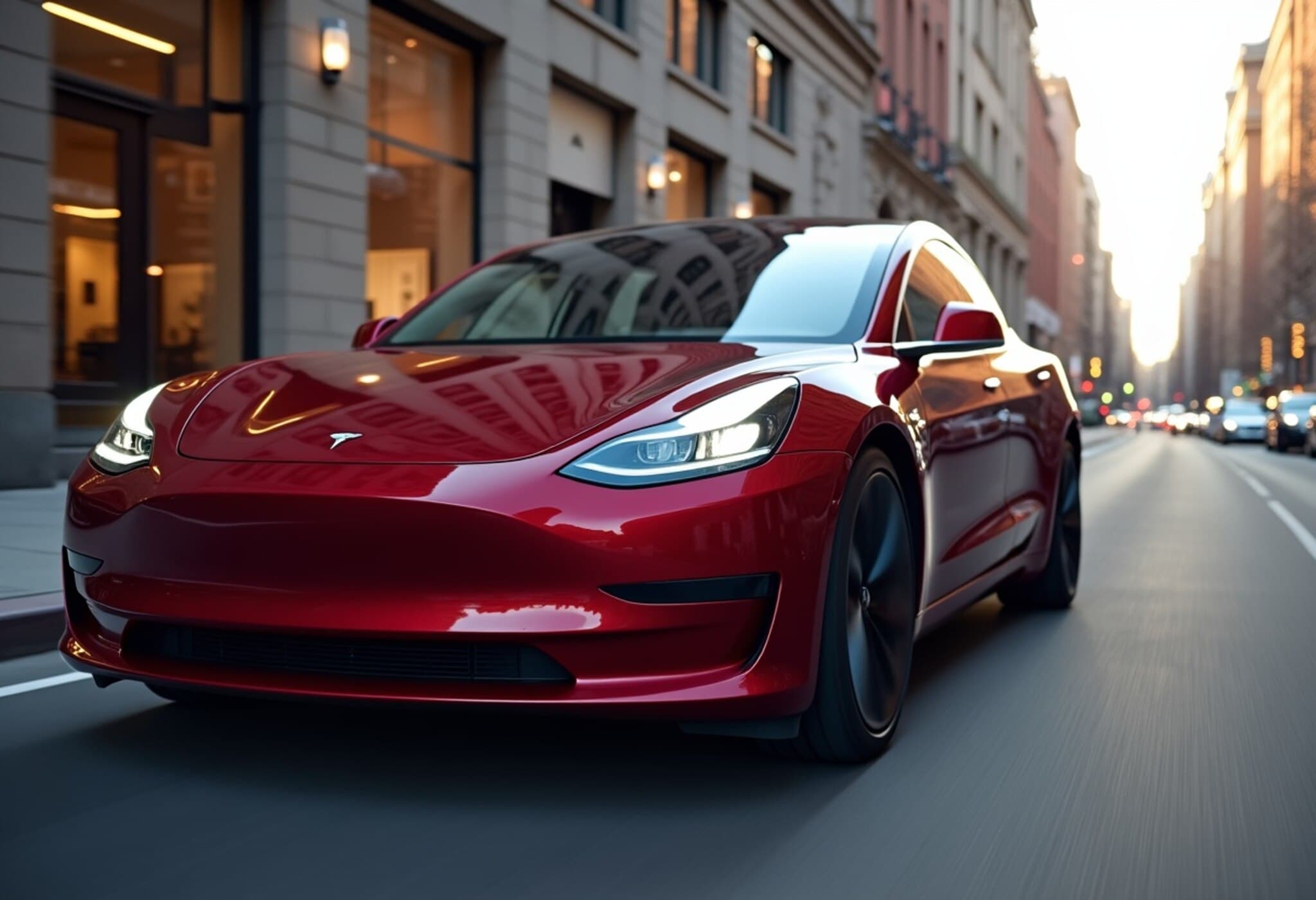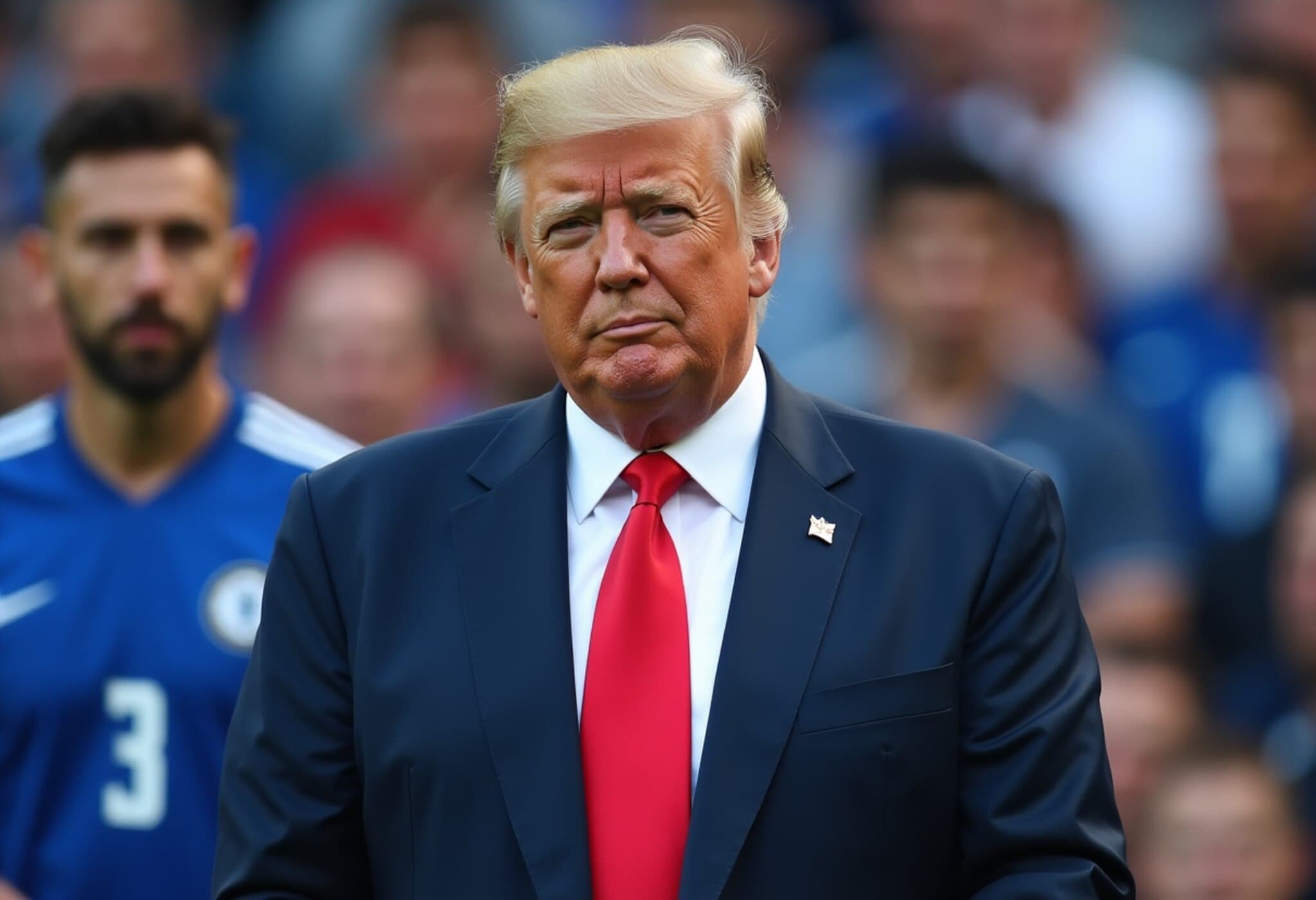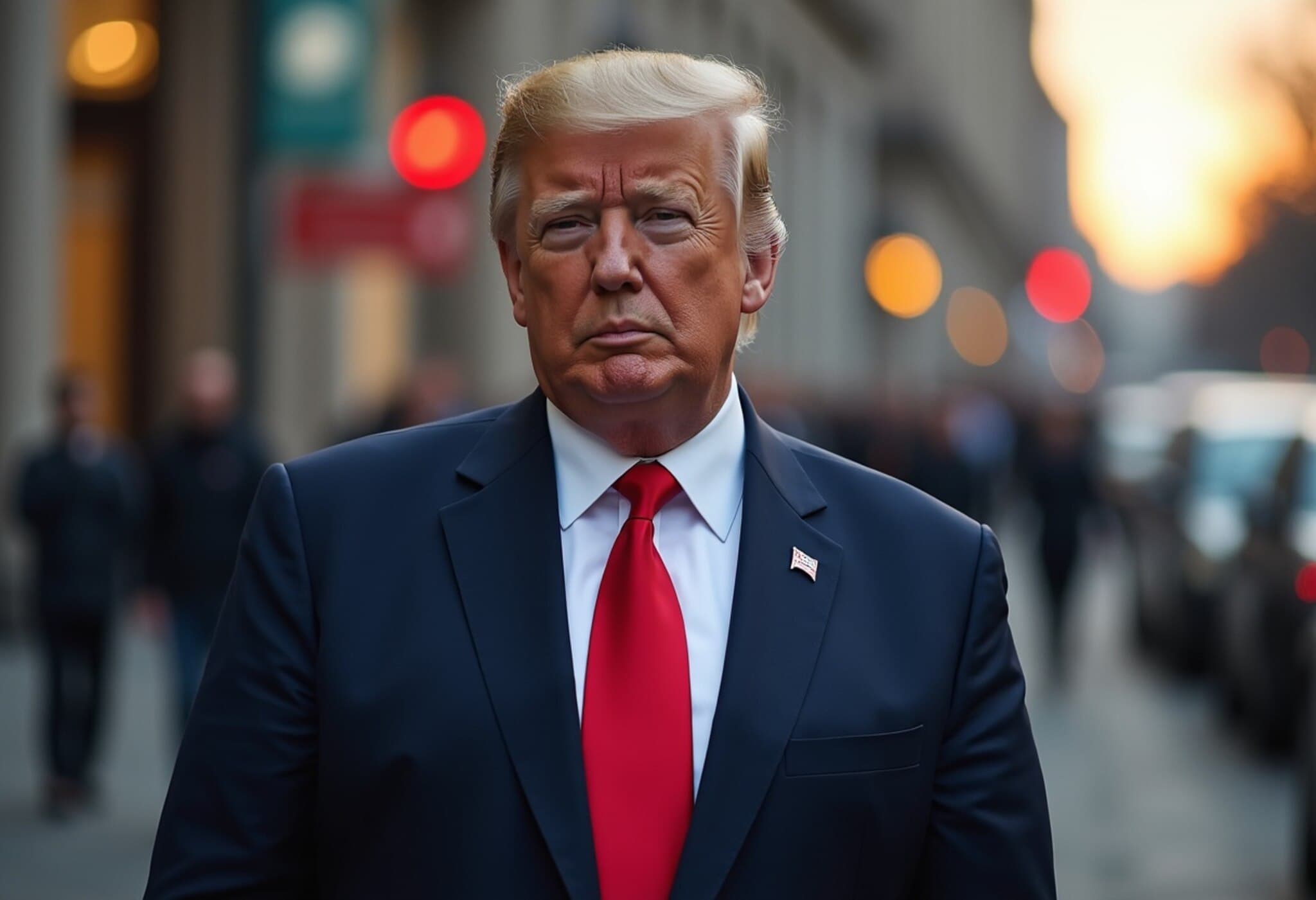Tesla Makes a High-Profile Entry into India with Model Y SUV
Electric vehicle giant Tesla has officially entered the Indian market, unveiling its popular Model Y electric SUV with a steep starting price of around $69,770. This price point is substantially higher compared to other major markets such as the United States, where the Model Y starts at approximately $44,990. Tesla’s arrival marks a significant moment for India’s burgeoning EV sector, the world’s third-largest automotive market by volume.
Strategic Launch and Infrastructure Development
On the same day as the Model Y launch announcement, Tesla revealed plans to open its first showroom in Mumbai, as well as establish experience centers, service stations, charging networks, and logistics hubs in key Indian cities, including plans for a showroom in New Delhi. According to Isabel Fan, Tesla's Southeast Asia Director, the company has begun hiring locally to bolster customer support and infrastructure development nationwide.
Why are Tesla’s Prices So High in India?
The steep pricing reflects India’s challenging tariff landscape. Import duties on electric vehicles can reach up to 70%, compounded by luxury taxes near 30%. Tesla’s Chief Financial Officer, Vaibhav Taneja, confirmed earlier this year that these import tariffs heavily influence pricing, forcing Tesla to position the Model Y in a premium bracket far above the mass market segments preferred by most Indian consumers.
Experts suggest Tesla’s strategy tailors to affluent buyers rather than competing with domestic EV manufacturers such as Tata Motors or Mahindra Electric, who capture India’s rapidly growing yet price-sensitive market.
- Vivek Vaidya, global mobility client leader at Frost & Sullivan, told CNBC India that while Tesla’s prices are high, niche buyers exist, but the mass market remains out of reach at this price point.
- “Most popular cars in India sell at about one-tenth the price of Tesla’s Model Y,” Vaidya noted, underscoring the challenge of market penetration at this juncture.
Testing the Waters: Tesla’s Calculated Approach to India
Industry analysts view this launch as Tesla cautiously testing the Indian market rather than committing to large-scale sales immediately. Puneet Gupta, Director for the Indian automotive segment at S&P Global Mobility, described the move as strategic, aiming to gauge demand and build brand presence.
While India’s government announced incentives last year aimed at encouraging local manufacturing—such as reduced import duties for companies investing in an Indian supply chain—Tesla has yet to confirm plans for domestic production facilities. Analyst Diwakar Murugan from Canalys explained that Tesla’s hesitation is understandable given India’s current EV market maturity and demand levels.
Murugan predicts that a significant manufacturing footprint may only materialize around 2028 to 2030, depending on government incentives like land subsidies, tax holidays, and the growth of the domestic battery industry.
India-U.S. Relations Could Shape Tesla’s Future in India
Trade negotiations and strategic collaboration between India and the United States also loom large in the EV sector’s future. Recent dialogues between Indian officials and Elon Musk have explored opportunities for technology partnerships and innovation exchange.
Puneet Gupta highlights that India’s proactive stance on green energy and electric mobility, combined with strengthening India-U.S. ties, could position Tesla advantageously if import tariffs and policies evolve favorably.
What This Means for Indian Consumers and the EV Ecosystem
The arrival of Tesla’s Model Y, despite its expensive price point, signals the growing diversification of India’s electric vehicle market. It caters primarily to wealthy, tech-savvy early adopters who value high-performance EVs as status symbols, rather than the everyday commuter.
However, the current pricing and policy framework leave open critical questions about how affordable EVs can become in India, and what role international players like Tesla will play in accelerating domestic EV adoption.
Editor’s Note
Tesla’s India debut underscores the complex balance between aspirational luxury EV offerings and the price-sensitive mass market. While Tesla is clearly positioning itself as a brand for India’s affluent urbanites, the broader EV market’s growth hinges on evolving policies, price reductions, and local manufacturing. Observers should watch closely how tariff negotiations and government incentives develop, as these factors will ultimately determine Tesla’s long-term footprint and impact on India’s ambitious green mobility goals.

